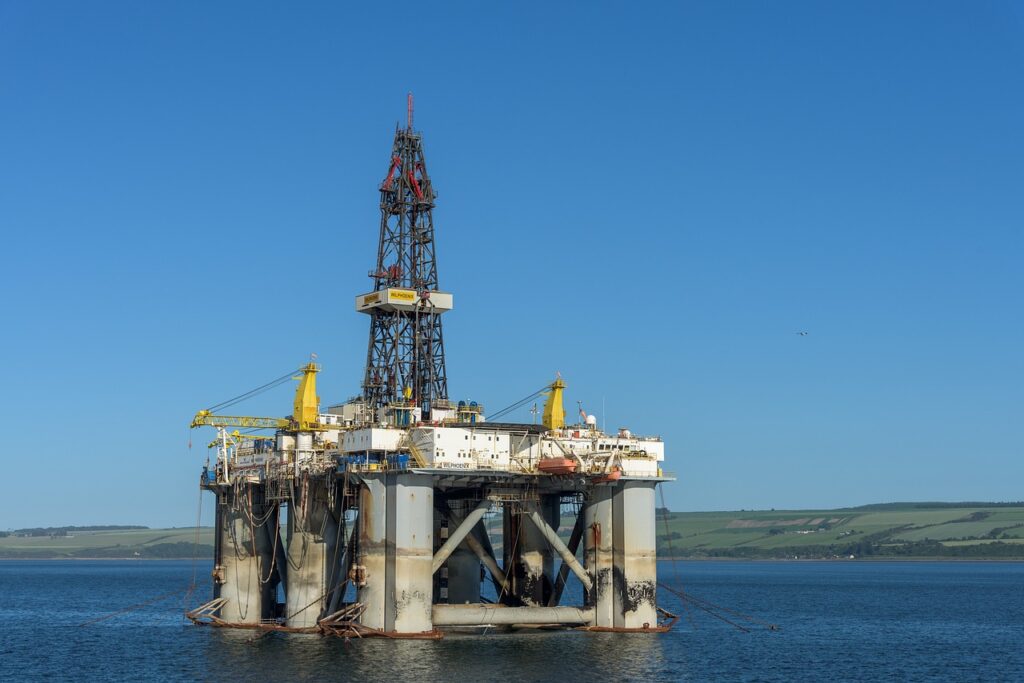Certified AI in Oil and Gas Specialist
Length: 2 days

The “Certified AI in Oil and Gas Specialist” course by Tonex is a comprehensive program designed to equip professionals with the knowledge and skills needed to leverage artificial intelligence (AI) in the oil and gas industry.
This certification course covers the application of AI technologies in various aspects of the oil and gas sector, including seismic data analysis, predictive maintenance, reservoir management, supply chain logistics, and safety compliance.
Participants will learn how to integrate AI solutions to optimize operations, enhance decision-making, and drive innovation in the industry.
Learning Objectives
By the end of this course, participants will be able to:
- Understand the fundamentals of AI and its relevance to the oil and gas industry.
- Apply AI techniques to analyze seismic data for improved exploration and production.
- Implement predictive maintenance strategies using AI to extend the life of oil and gas equipment.
- Utilize AI for efficient reservoir management and enhanced resource extraction.
- Optimize supply chain and logistics operations in the oil and gas sector with AI solutions.
- Ensure safety and compliance in oil and gas operations through AI-driven systems.
Audience
This course is ideal for:
- Oil and gas industry professionals seeking to enhance their technical skills with AI knowledge.
- Engineers, geoscientists, and data analysts working in the oil and gas sector.
- Managers and decision-makers looking to integrate AI solutions into their operations.
- IT professionals and software developers aiming to specialize in AI applications for oil and gas.
- Safety and compliance officers focused on leveraging AI for improved operational standards.
Program Modules
- AI for Seismic Data Analysis
- Introduction to AI in Seismic Data Interpretation
- Machine Learning Techniques for Seismic Data
- Deep Learning Applications in Seismic Imaging
- Data Preprocessing and Feature Extraction
- Real-time Seismic Data Analysis
- Case Studies and Industry Applications
- Predictive Maintenance for Oil and Gas Equipment
- Fundamentals of Predictive Maintenance
- AI Algorithms for Predictive Maintenance
- Sensor Data Collection and Integration
- Condition Monitoring Techniques
- Failure Prediction Models
- Implementation Strategies and Best Practices
- AI in Reservoir Management
- Overview of Reservoir Management
- AI Models for Reservoir Characterization
- Production Optimization with AI
- Enhanced Oil Recovery Techniques
- Data Integration and Analysis Tools
- Case Studies in AI-Driven Reservoir Management
- AI for Supply Chain and Logistics in Oil and Gas
- AI in Supply Chain Optimization
- Logistics and Transportation Management
- Inventory Management with AI
- Demand Forecasting and Planning
- Risk Management in Supply Chains
- Case Studies on AI-Enabled Logistics Solutions
- Safety and Compliance with AI
- Importance of Safety and Compliance in Oil and Gas
- AI for Risk Assessment and Mitigation
- Automated Compliance Monitoring Systems
- Incident Detection and Response
- Health, Safety, and Environment (HSE) Management
- Case Studies on AI in Safety and Compliance
This certification course by Tonex will provide a robust framework for integrating AI into various facets of the oil and gas industry, driving efficiency, safety, and innovation.
Exam and Certification Details
Exam Domains:
- Industry-Specific AI Applications: Understanding the unique applications and benefits of AI in the respective industry.
- AI Tools and Techniques: Knowledge of AI tools, techniques, and technologies used in the industry.
- Implementation Strategies: Skills in implementing AI solutions within industry-specific contexts.
- Regulatory and Ethical Considerations: Understanding the regulatory and ethical implications of AI in the industry.
- Case Studies and Best Practices: Analyzing real-world examples and best practices of AI implementation.
Question Types:
- Multiple Choice Questions (MCQs): Questions with four or more answer choices, where only one is correct.
- Multiple Select Questions: Questions with multiple correct answers out of a list of options.
- True/False Questions: Questions that require the candidate to determine if a statement is true or false.
- Scenario-Based Questions: Questions that present a hypothetical scenario and ask the candidate to apply their knowledge to solve a problem or make a decision.
- Drag-and-Drop Questions: Interactive questions where candidates drag and drop items to match, sort, or rank them correctly.
- Simulation Questions: Questions that require candidates to perform tasks or troubleshoot problems in a simulated environment.
Passing Criteria:
- Minimum Passing Score: Candidates must score at least 70% on the exam to pass.
- Sectional Cutoff: Candidates must achieve a minimum score of 60% in each exam domain to ensure a balanced understanding of all key areas.
- Time Limit: The exam must be completed within 3 hours. Candidates are encouraged to manage their time effectively across all sections.
